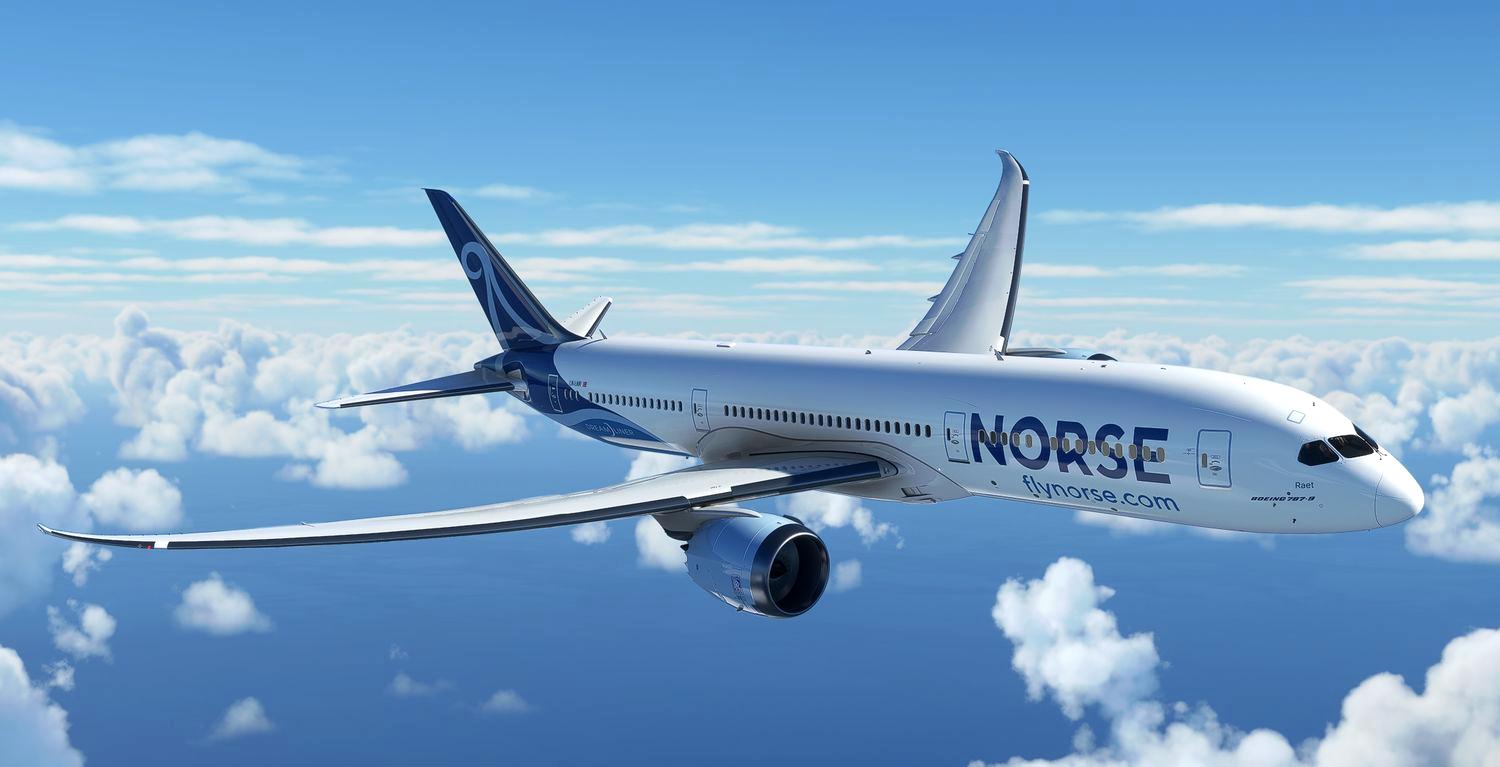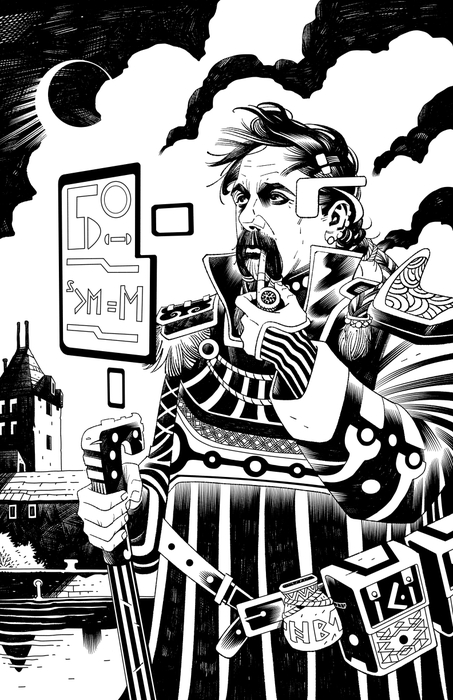NorsePlay Investigates: Meili, the Norse God of Travel?
Meili, the God of Travel, is such an amazingly obscure catch within the Æsir Gods list.
Yet there's a chance that Meili, one translation meaning “the lovely one”, is only a kenning for Baldr who tends to always get the epithet as being the brightest (read handsome/attractive) of the Gods. One of the few references is Thor claims "Meili" is his brother, though the obvious point-of-reference would be Baldr, and this reading of the word might only indicate that.
Odin alone has dozens of names, so it might reason that popular Baldr would have a few other proper names & epithets to his credit as well. This association's a Viktor Rydberg connection though, and while I love to entertain Rydberg's romanticist associations generally, he sometimes gets farwheeling in reaching to glue things together (but man, is it neat to think about). Also Rudolf Simek doesn't put this association in his Dictionary of Northern Mythology which tends to be a good reference & basic litmus for elements in the Lore, and lists Meili separately. Plus I really loathe the reductiveness of some academics trying to combine gods (i.e. Freyja and Frigg) into just one (which is possibly an unconscious monotheist bias, and the profession's unnecessarily pressing need to regularly publish something of note).
And it could be equally argued that Odin All-Fathered it up pretty far & wide, so to have yet another Odinsson on the lists is entirely possible.
That all said, there doesn't seem to be any independently surviving narratives about Meili himself, just a few passing familial references.
Running back to my library room shelves, both my Prose Eddas (Penguin & Gudrun editions) actually omit the Sons of Odin part of the Nafnaþulur that includes Meili. Some translations both add to & subtract sections/passages from the existing manuscripts for editorial reasons. In this case the skalds were super on about very long familial context lists, which mean little to most modern readers, but I think is a lazy omission of content that makes for a weaker reference (though I still recommend the Penguin for its accompanying materials, and the Gudrun for its terrific gallery of art and prestigious hardback coffeetable trim size).
The first Nafnaþulur excerpt I found online goes like this:
Sons of Óðinn Baldr and Meili Víðarr and Nepr Váli, Áli Þórr and Hildólfr Hermóðr, Sigi Skjöldr, Yngvi-Freyr and Ítreksjóð Heimdallr, Sæmingr Höðr and Bragi.
Boom, there Meili is.
Yet here's the total b' about translating Norse medieval manuscripts: With the high value of vellum skin at that time, people writing on them abbreviate like crazy, so they'll not duplicate letters, they'll drop vowels, use diphthongs & diacritic marks to compress words, and just outright not use any punctuation. Given that, in the above example the translator probably made the choice to place his commas in those spots, so they think that "Meili Víðarr" is a single god, with Meili instead meaning "Mile-Stepper" in this context, referencing Víðarr's epic mega-boot he uses to step on & tear apart monster wolf Fenrir's jaw at Ragnarök.
 |
| [Víðarr illustration by W. G. Collingwood, 1908 CE.] |
This awesome boot is made of all the scrap leather ever discarded, so it very well could be a mile-length in size & tread, the most godlike of boots ever.
But again, those commas are likely the translator's call, so each of those words might not be adjectives, but proper nouns, so there could be other lesser-known individual Gods also hiding in that list, and the potential of that expansion could be pretty exciting. And in line with that, the second translation I found on voluspa.org actually does place commas between all those names, so boom, Meili & Co are thought to be separate Gods in that version. Such is the variance & complexity of translation.
While I rather like the NorsePlay possibility of a specific Norse God of Travel, some would probably lump that function into Odin's role as "Gangleri" (Wanderer), and it's not like the other Gods don't chariot it up into the other worlds for long spells for other motivated reasons.
Yet with the Vikings' renowned cultural facet of exploration, it might make sense to have a dedicated deity for travel, which would be a polytheistic reflector of a people that bravely foray into danger every annual trading/raiding season.
Attestations & comma placement aside, perhaps the true test would be to blót or fain to Meili and see if you get results: safe flights, good hotel bookings, trouble-free hikes, no campsite bears, and the like might indicate that Meili is far more than an adjective and actually our divine travel agent. If you decide to pursue that, please let us know in the comments below how that turns out.
[thanks to 20:09er boozytortoise for his forum post that brought this to our attention, and thanks to Jackson Crawford for his YT video on translating manuscripts for some of the mechanics that allowed me to figure the above out.]



Comments
Post a Comment